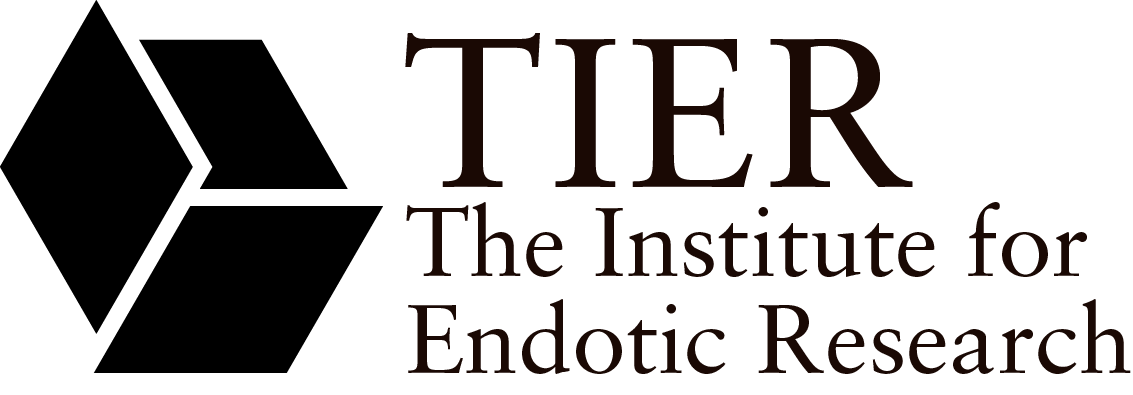 February 12–26. Post-Post: Queer Caucasus. Curated by Giorgi Rodinov
February 12–26. Post-Post: Queer Caucasus. Curated by Giorgi Rodinov
Post-Post: Queer Caucasus. Curated by Giorgi Rodinov
Exhibition: February 12–26, Th, Fr & Sa 14:00-18:00 (except Feb 12)
Commencement: Saturday, February 12, 19:00-21:00
Online Discussion: Friday, February 18, 19:00 Berlin/CET (use this link to join)
What happens when empires collapse? What happens to all the plans and utopias? To the legends that are carried as a burden through generations of nations?
This year it is exactly three decades since the Soviet Union collapsed and its regions were granted the weight of independence. Since then, the South Caucasus has been going through an immense political and social mutation. Chaotic attempts to plan the future without any means to it doomed losses, poverty, and conflicts. To this day people of the post-soviet world carry this trauma.
Queer children of this mutation period were left marginalized by the system. To this day, they have to hide their real identities from the public. However, with the advent of informational progress, new realities and scenes became available for their self-expression.
Post-Post showcases young queer artists from Tbilisi, Yerevan, Baku and Sukhumi. It gives them a safe space to reflect on what the South Caucasus is now, 30 years after the collapse of the Soviet Union.
An online discussion with the artists, moderated by Giorgi Rodionov, will take place Friday, February 18 at 19:00 Berlin/CET. Use this link to join: https://meet.jit.si/
Hygiene concept: 2G-Plus. Be vaccinated or recovered, with a negative test from the same day or after your booster jab, with a valid EU Digital COVID Certificate presented in the CovPass or Corona-Warn app (if printed, it must include a valid QR code). Please remember to bring your FFP2 mask and wear it at all times inside the space.
David Apakidze is a visual artist, curator and art researcher. They graduated from Tbilisi State Academy of Arts with a BA in Art History and Theory. They co-created Fungus Project, a Caucasia-based queer art platform. In their research, they explore themselves through the lens of contemporary culture.
Salina Abaza was born in Damascus, Syria, in 1986. She is a graphic designer and interdisciplinary artist based in Sukhumi, Abkhazia.
Salina’s works are driven by her interest in personal narratives and their relationship to larger socio-political frameworks. She questions personal and political depths by looking at such concepts as identity, memory, violence and authority.
With this abstract and vast interest came diversified practice. She allows the concept to dictate the method, so her work acquires different mediums: from graphic design, videography and drawing to interdisciplinary performance, sculpture and installation. In the past two years she has taken interest in using creative coding platforms for art.
Nailə Dadaş-zadə & Ani Paitjan
Naila is a visual artist who works with different types of mediums including photography, video, installation, and archival materials. She was born in Baku, Azerbaijan, in 1998, but lived in different places. Her works consider such topics as space, time, and our relations to it, as well as identity in today’s world and activism through artistic expression.
Ani studied at the Université Libre de Bruxelles in Belgium and has a Master Degree in Journalism. After working with multiple Belgian media outlets (press and radio), she moved to Armenia.
Vusala Hajiyeva is a Baku based poet, musician and filmmaker. She writes poetry on queer themes and social issues, composes music in neoclassical and indie styles. She made a documentary “Noise Symphony” and is working on a new script which is a self-portrait.
Giorgi Rodionov, born in 1990, is a Tbilisi-based artist and a curator focused on social and political stories that change eras.
Having grown up in a post-Soviet country, his interest in social structures and identities grew a lot. After graduating in journalism in one of the universities in the capital of Georgia, he moved to Europe and continued studies in contemporary arts for his MA.
Most of Giorgi’s works are based on his researches that are later transformed into installation, performance, participative art, books or other different media. As for the journalistic practice, he is very much interested in bringing science, art and the rest of the society together to deal with the issues as a joint power.
His artistic activity list includes many exhibitions in different European countries and Georgia, as well as personal projects published in different media. Giorgi lives and works in Tbilisi where he founded an art space called “Untitled Gallery Tbilisi”, which aims to bring artists from South Caucasus together to talk about social and political issues in the region.
